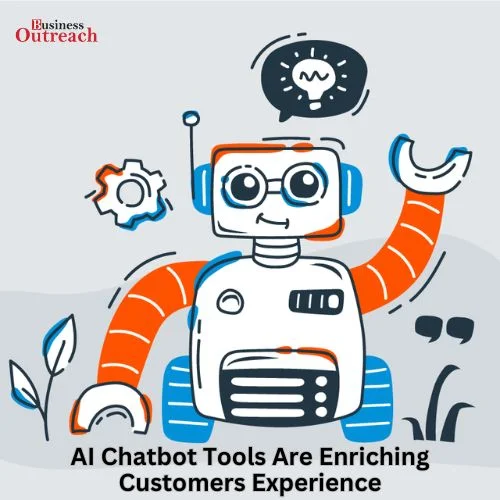As artificial intelligence and machine learning continue to transform digital experiences, major tech companies are grappling with how to effectively integrate these advanced technologies while ensuring user benefits and business viability. In its latest move in this direction, Google appears to be weighing paid subscription options for some of its AI-powered search capabilities, according to recent reports.

Google’s flagship search engine lies at the heart of its business model centred around advertising revenues. However, incorporating generative AI capabilities that can autonomously produce text, images and other media does introduce new complexities from both a technical and commercial perspective. On the one hand, AI technologies are resource-intensive to develop and deploy at global scales. On the other, shifting search results away from traditional listings and ads could potentially impact user behaviours and ad monetization.
It is against this backdrop that Google is reportedly exploring the idea of “premium capabilities and subscription offerings” for certain AI-enhanced functionalities. While denying plans for an ad-free search experience, the company acknowledged exploring new premium services. This suggests Google may integrate some generative search features within its existing “Google One” subscription plans that already provide extra storage and support. Including an “AI Premium” tier could help offset costs for advanced generative technologies.
The move also comes as Google expands trials of its Search Generative Experience (SGE) following positive initial user feedback. SGE supplements traditional listings with AI-generated overviews, summaries and insights for logged-in UK users on select queries. By providing context before clicks, SGE aims to deliver a more helpful search experience. However, accurately and safely incorporating AI at global scale presents technical challenges, while potential impacts on user interactions and advertising revenues raise business questions.
Premium subscriptions could be one path to addressing such issues. They offer users exclusive access to new generative capabilities as they emerge, while helping Google monetize advanced AI investments. The approach seems aimed at balancing user experience innovations with commercial sustainability – critical considerations for major tech platforms integrating generative technologies into core services. It will be interesting to see how Google‘s subscription exploration progresses and whether such models are optimized further with learnings from ongoing SGE trials.
As the use of AI in digital experiences rises, premium offerings may emerge as a viable model for other companies too to offset costs and sustain generous free services. At the same time, accessibility will remain a key factor to consider for generative technologies that impact important functions like search. How major firms can pursue innovation while maintaining inclusion will no doubt continue shaping responsible development and application of advanced AI systems.















